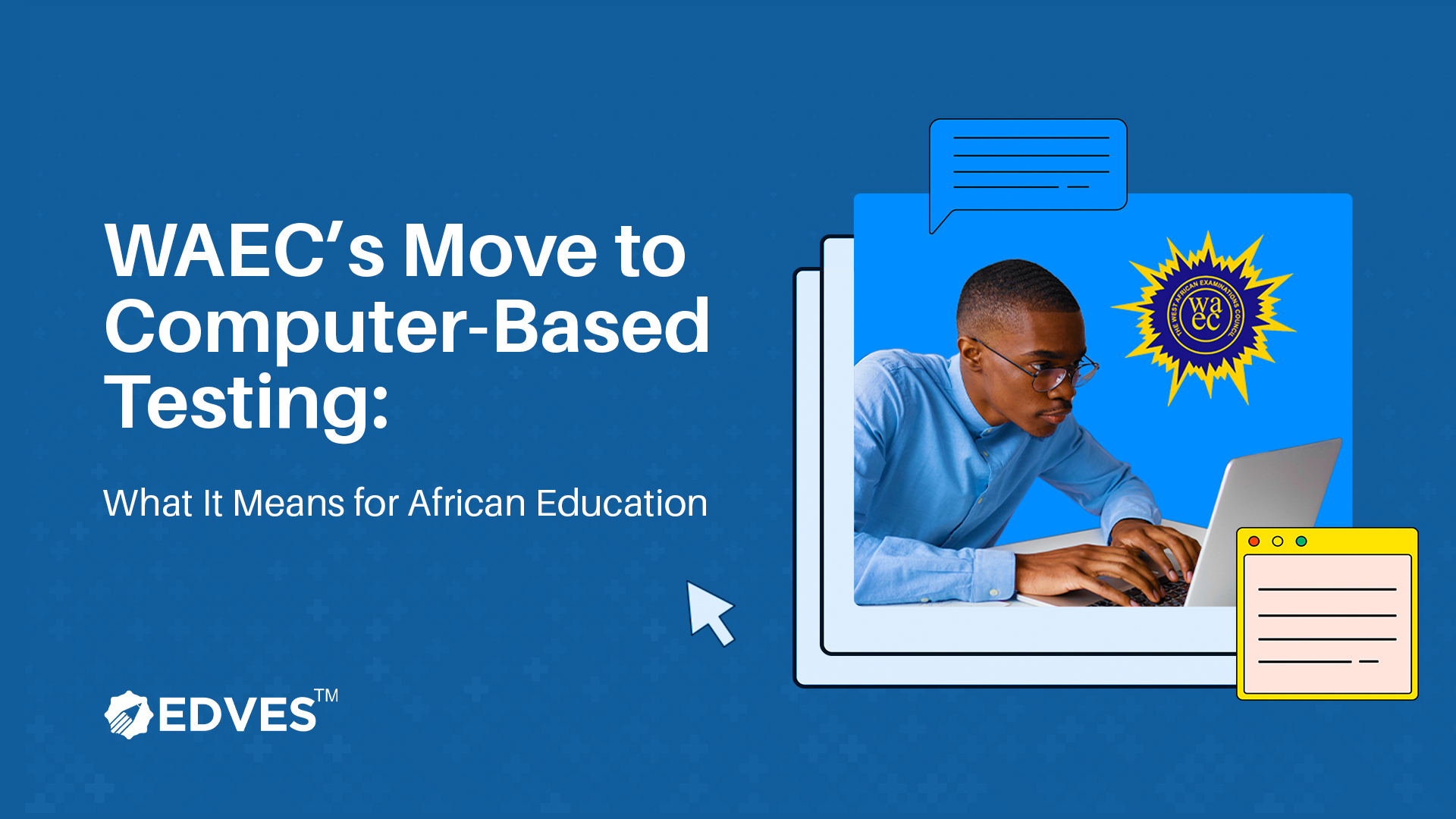Calaso lives in a little town in Africa. Her village has just been raided by bandits and her school bombed. She and her friends have no hope of returning to school in the next term because the school has to be rebuilt. Her parents decide to let her listen to a daily Radio broadcast which was set up by the department of education during the COVID 19 lockdown. Calaso is glad that she’s alive and can still learn something daily but misses her friends at school. She and many others have to face the many challenges that the society plunges innocent children into and still cope with the complexities of learning a subject.
It has become the focal point of discussion many educators to state that more emphasis should be placed on raising well rounded individuals rather than just covering the curriculum content. This is because the world needs more collaborators and problem solvers to solve the many issues that plague our society at large. The United Nations ultimately developed the Global School Programmes to promote teaching and practice of the SDG (Sustainable Development Goals) to make children feel part of the solution to the world’s problems through project based learning. STEAM (Science, Technology, Engineering, Arts and Math) education also promotes critical thinking and problem solving. Howbeit, the initiators of these programs discovered that critical thinking and problem solving skills cannot be fully socialized in a child without Social and Emotional Learning (SEL)
Social and emotional skills are essential in school, work and life. With SEL, students learn how to show empathy, care and concern for others. Ultimately love for humanity is what drives positive innovation. SEL also encourages collaboration and improves communication skills. These skills are needed to complement critical thinking and problem solving skills.
Research has shown that the impact of social-emotional learning (SEL) runs deep. SEL programs are shown to increase academic achievement and positive social interactions, and decrease negative outcomes later in life. SEL helps individuals develop competencies that last a lifetime. (Kim, D 2022).
One of the most extensive studies of the long-term impacts of SEL was completed by researchers from the Collaborative for Academic, Social, and Emotional Learning (CASEL); Loyola University, the University of Illinois at Chicago, and the University of British Columbia. Their work reviewed over 213 studies on the impacts of SEL. According to CASEL, they found that students who were part of SEL programs showed 11 percentile-point gains in academic achievement over those who were not a part of such programs. Compared to students who did not participate in SEL programs, students participating in SEL programs also showed:
- Improved classroom behavior
- An increased ability to manage stress and depression
- Better attitudes about themselves, others, and school
These student perceptions coupled with developed emotional intelligence lead to long-term academic success. SEL has the ability to give at-risk students the tools they need to overcome obstacles and plug into their education for long-term achievement.
SEL also helps students to manage their emotions and supports students with special needs.
With the advent of digitized education and virtual classrooms, it seems a bit overwhelming to infuse the 5 keys to SEL which are: self awareness, self management, social awareness, relationship skills and responsible decision making. So how do we help a child who is learning virtually or homeschooling due to social crisis to adapt properly and develop Social and emotional skills?
- Through Personalized Learning: Edtech companies now more than ever need to think of the individual child first in the conceptualization of any educational software or program. This might seem like a herculean task but with the involvement of child psychologists, curriculum developers and classroom teachers, it will be less daunting. Every digital tool used in teaching and learning must meet the learner’s needs and not just be another instructional tool.
- Game Based Learning should focus more on the learner’s interests and should be tailored to suit the curriculum. This will ensure that children learn and cover the scheme as they play. Mathematical, science and language skills can be developed more efficiently when such games are curriculum based.
- Learning Communities: Technology has made the world more global and easier to connect. A learner can connect with other learners from all over the world in a respectable and safe digital space where ideas can be shared and topics discussed under the guidance of virtual tutors. Projects can be jointly done by groups of students living in opposite poles of the world in a learning community.
The goal of any Edtech company right now should not be just to provide digitized educational platforms but to develop tools that would ensure that students are balanced emotionally and academically whether in school or out of school. After all, technology should make life easier and not create more problems.
References
Collaborative for Academic, Social, and Emotional Learning (CASEL) https://www.journals.elsevier.com/social-and-emotional-learning-research-practice-and-policy
Kim D, Lim JH, An J. The quality and effectiveness of Social-Emotional Learning (SEL) intervention studies in Korea: A meta-analysis. PLoS One. 2022 Jun 24;17(6):e0269996. doi: 10.1371/journal.pone.0269996. PMID: 35749356; PMCID: PMC9231796.




